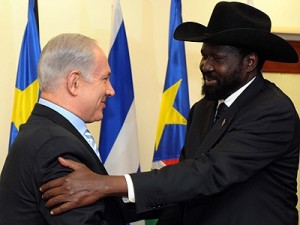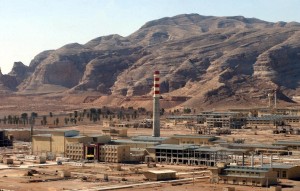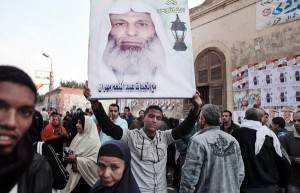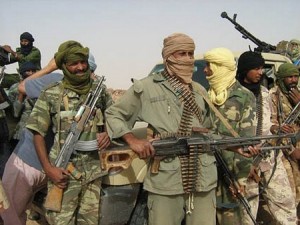Tensions are running high in Yemen’s capital city of Sanaa following an April 7 attack on its international airport by forces loyal to former President Ali Abdullah Saleh. On the same day, Saleh’s fighters are alleged to have sabotaged power lines into the capital, causing blackouts throughout the city. The move on the airfield came after current President Abd Rabbo Mansour Hadi issued a set of decrees the previous day in which he ordered the replacement of 25 civilian and military officials left over from the Saleh regime. Of those slated to be removed from their position was Air Force Commander General Mohammed Saleh al-Ahmar, the half brother of the former President Ali Abdullah Saleh, the leader considered to be behind the assault on the airport. For his part, al-Ahmar has refused to step down from his post and is actively challenging the Hadi administration.
Reforms in the Yemen’s military and civilian structures have been deemed essential for the success of the reconciliation process in the wake of the uprising against the previous regime. However, the attempt to restructure the military comes at a point of great tension for the southern republic. Hadi has been under immense pressure since he took the role of interim-President, the lion’s share of which is directly related to the rooting out of Saleh’s allies and relatives from the influential military system known for its corruption and strong hold on the levers of power in the state. The Joint Meeting Parties (JMP), Yemen’s central opposition bloc, have placed the reforms as a condition of their participation in the government. Meanwhile, hundreds of thousands of demonstrators continue to come to the streets demanding the removal of Saleh loyalists from the military.





![jos nigeria[3]](https://www.max-security.com/wp-content/uploads/2012/02/jos-nigeria3-300x196.jpg)